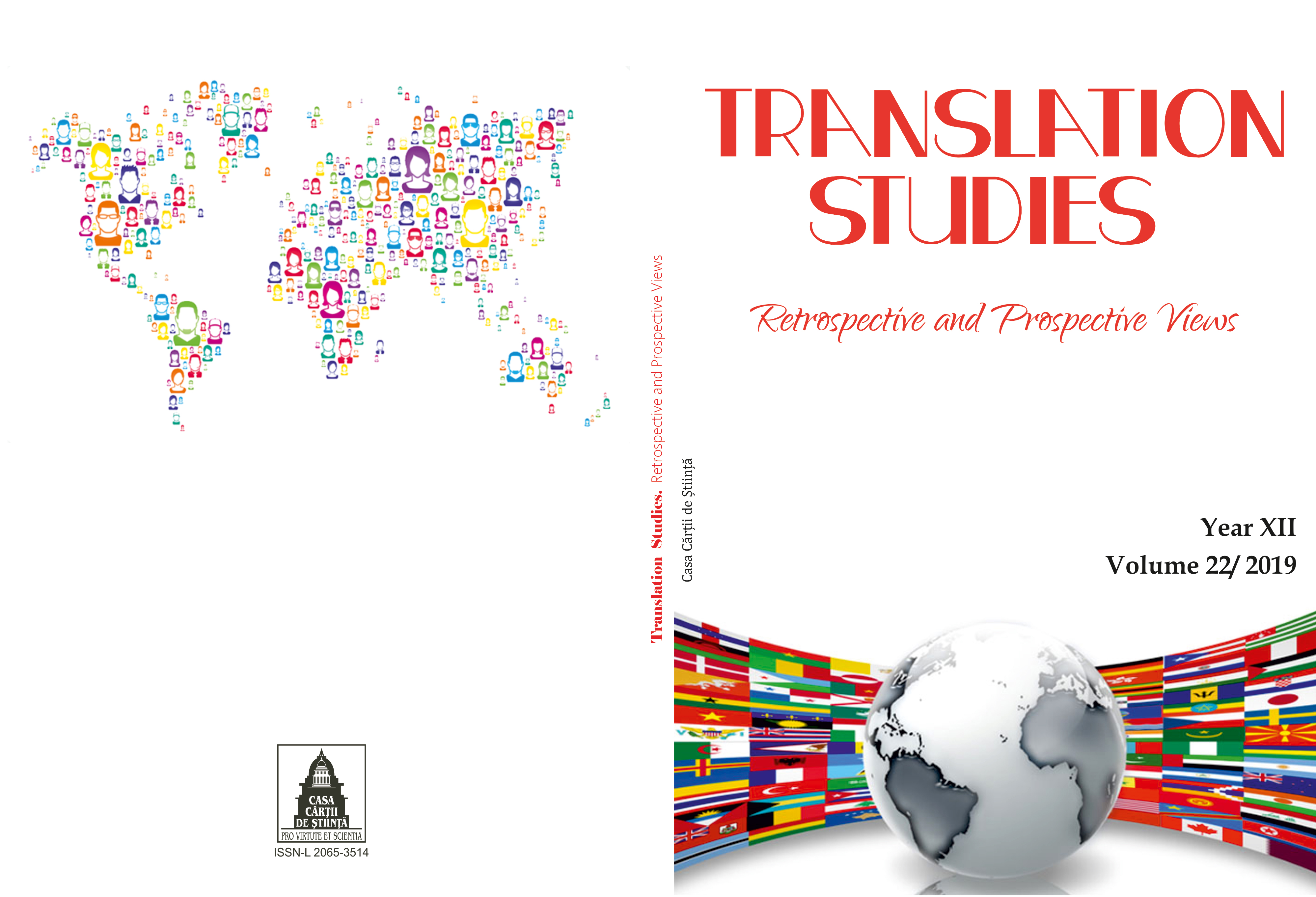ON THE AFFECTIVE COMPONENT IN WRITTEN TRANSLATION TASKS
ON THE AFFECTIVE COMPONENT IN WRITTEN TRANSLATION TASKS
Author(s): Nejla Kalajdžisalihović, Ervin KovacevicSubject(s): Language and Literature Studies, Foreign languages learning, Translation Studies
Published by: Editura Casa Cărții de Știință
Keywords: affective component; critical reading; readability score; translation process;
Summary/Abstract: The present paper discusses the translation process as a means of understanding how the affective component may enhance critical thinking skills and linguistic research when finding translation equivalents. The theoretical framework of the paper is based on Bally’s (1905) understanding of translation as a medium for acquiring a better insight into the affective in translators’ personalities, their knowledge of grammar and general knowledge (Collombat 2006) and Halliday’s (1978) approach to text as a complex system (1978). In the context of the translation classroom, the value of critical thinking, critical reading, and general knowledge emerges owing to the fact that not only peculiar aspects of grammar, semantics and syntax may be reached through the talk-alouds (Bernandini 2002), but also the affective component, often an important factor in the decision-making process. The paper explores whether the texts containing the affective component defer the completion of in-class translation tasks in a corpus comprised of two sets of texts where each set contains two excerpts of proximal (‘set 1’) or varying (‘set 2’) readability scores.
Journal: Translation Studies: Retrospective and Prospective Views
- Issue Year: 22/2019
- Issue No: XII
- Page Range: 73-81
- Page Count: 9
- Language: English

